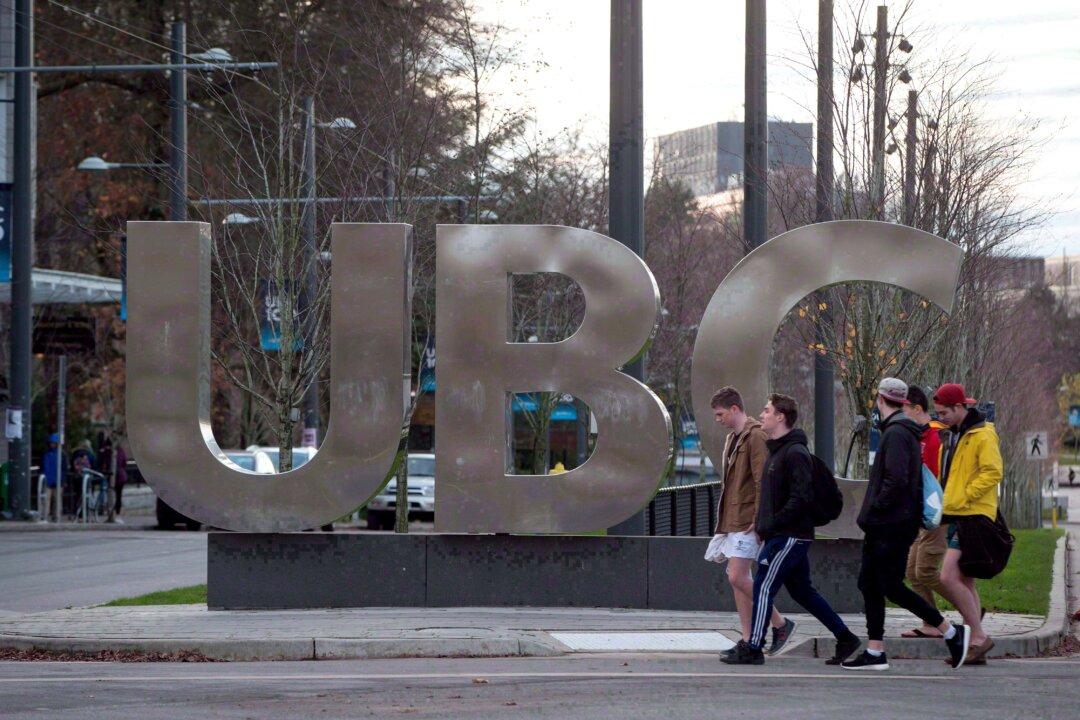Novelist and former University of British Columbia professor Steven Galloway has won a years-long battle to have his defamation lawsuit proceed against a woman who says he sexually assaulted her, an allegation he denies.
The case at the B.C. Court of Appeal was a high-profile test of laws in B.C., Ontario and Quebec that aim to protect people from so-called SLAPP suits, or strategic lawsuits against public participation.





